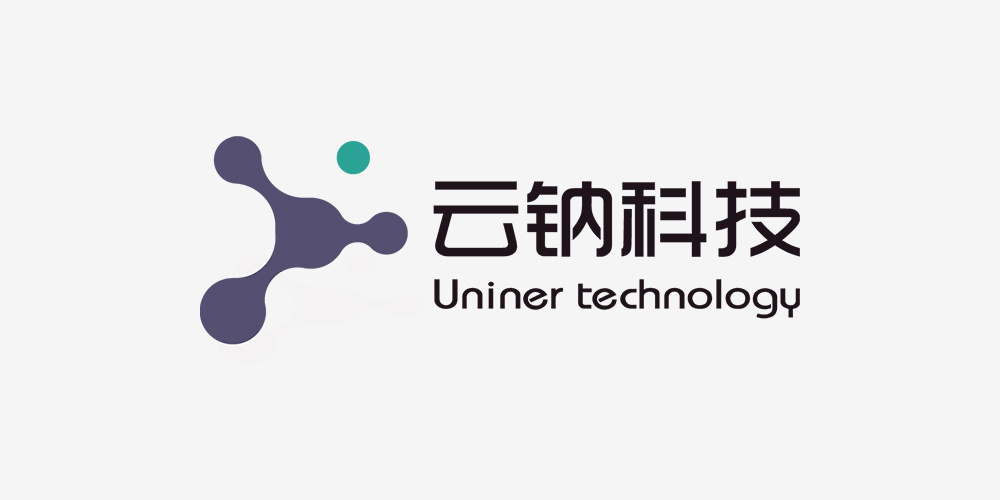Cloud-Native RPA Firm Uniner Technology Completes Series A Funding Round Led by Sky9 Capital

Uniner Technology, a cloud-native robotic process automation (RPA) platform developer, announced on September 1 that it closed a Series A round of financing, led by Sky9 Capital and Haochen Capital. Existing shareholder Linear Capital also participated in the funding round. The fresh funds will be used in areas such as product research and market expansion.
Wei Hao, Partner of Sky9 Capital, said: “Uniner Technology is developing a next-generation RPA platform, establishing standardized, scenario-based applications that are cloud-native. These applications are more user-friendly and deliver better operational efficiency. In the past, traditional RPA products required significant customized, project-based features and were difficult to implement and scale. Yu Bao, Uniner’s CEO, is leading a team with strong execution capability, initially focused on the logistics and e-commerce markets. We are very excited about the team and look forward to seeing them apply their expertise across additional sectors.”
With increasing labor costs, companies are seeking solutions to replace or supplement human labor with automation. RPA started to gain popularity in 2018, as solution providers increasingly used software to complete repetitive, process-based business functions. Today, the concept of office automation has evolved from RPA to concepts like hyper-automation, which was listed by Gartner as one of the most important strategic trends in 2021. According to Gartner’s forecast, the global hyper-automation market will reach US$596.6 billion by 2022, an increase of almost 24% from US$481.6 billion in 2020.
In China, the RPA market has mostly divided into two categories:
- 3-part RPA solutions, comprised of an editing tool, a run-time platform, and the automation robot. These solutions usually require customization and consulting services, are expensive to implement in terms of both time and cost, and have long sales cycles.
- generalized, universal applications that require less services but can only be used for very common and generic processes. These tools often require technical expertise and long learning cycles.
Launched in 2020, Uniner Technology hopes to balance the pros and cons of the two with modular, scenario-based products. After surveying over a hundred potential customers about their product requirements, Bao concluded that the easiest way to engage customers is still through the scenario itself. So he developed a platform to easily allow high-frequency events to be abstracted into independently deployable robot modules. These “templates” will be available in the cloud and can be applied across an organization, or even among different organizations.
Uniner’s iPaaS platform is engineered so that anybody in the organization – not just developers or coders—can use a zero-code development process to automate any standard procedures. The system easily integrates with databases and business intelligence systems through an API.
The Uniner team members are not only from tier-1 tech firms like HP, IBM, Alibaba and Yitu, but also logistics industry leaders such as Deppon, SF Express and Kerry Logistics. The team spent a year to develop the product and officially launched in November 2021. Within six months, Uniner secured over 200 paying customers. Notably, the company maintained steady month-on-month growth, even through the months affected by the pandemic and strict quarantines. Bao said that the company will continue to build upon their existing products to address more and more scenarios for its current and future clients.